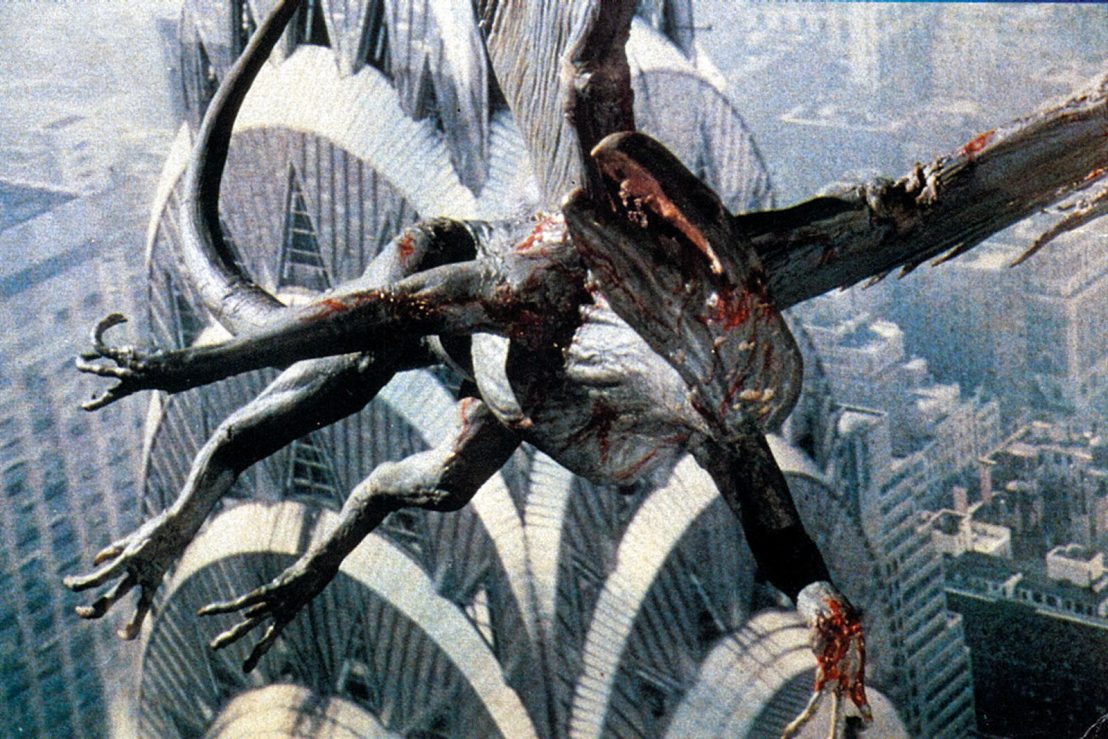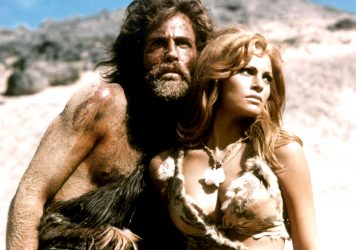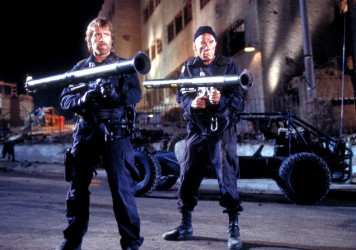

By Anton Bitel
Dinosaurs are well and good, but One Million Years BC proves it is sex that really sells.

By David Hayles
From Charles Bronson to Chuck Norris, David Hayles offers an indispensable guide to the cult production company.